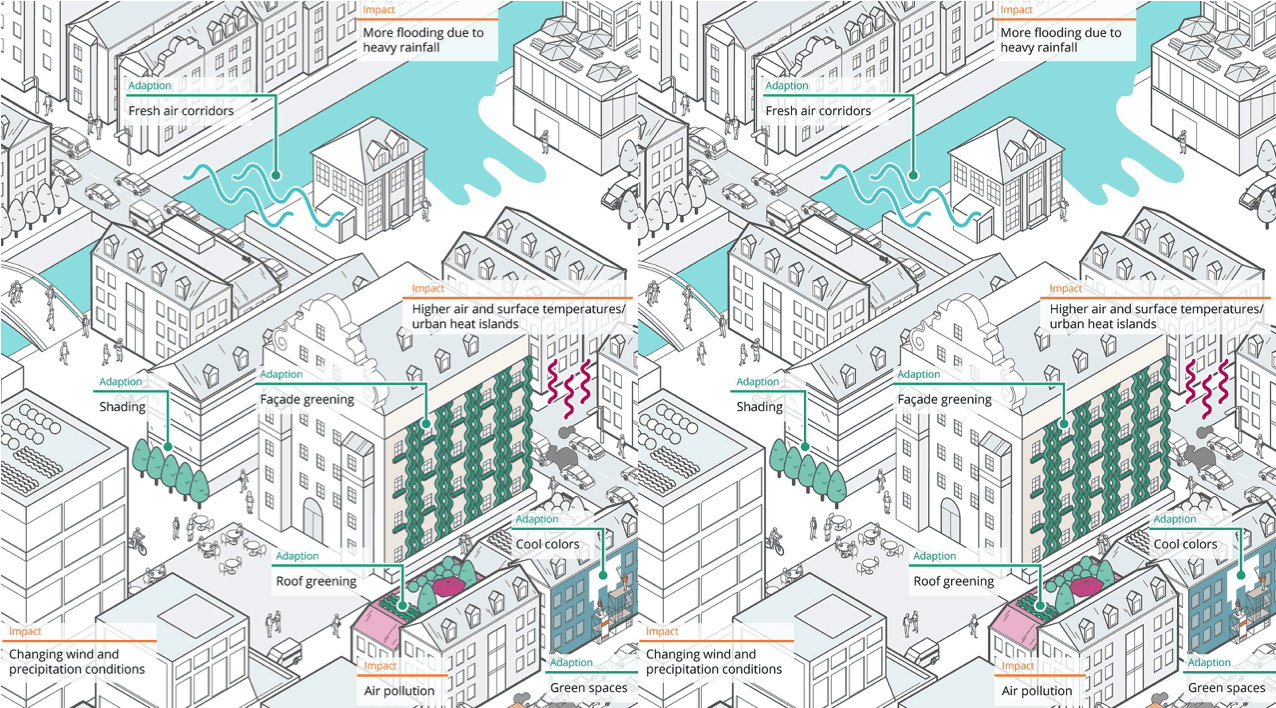
Researchers at the German Potsdam Institute for Climate Impact Research (PIK) have analyzed the parallels between the corona pandemic and the climate crisis. In their analysis, they showed what policymakers and citizens can learn from the corona pandemic on the one hand, and on the other, how the lessons learned could be applied with a view to reducing global CO2 emissions.
The scientists explain that the handling of the current COVID-19 pandemic should provide valuable insights into efforts to mitigate climate change. They see one way to achieve this goal in a “Climate Corona Pact.” This would need to involve both the younger and older generations alike.
“The corona crisis is a test case for global emergency preparedness and management in general,” says Kira Vinke, lead author on the article ‘Corona and the climate: a comparison of two emergencies.’ “The pandemic has shown that an even greater health crisis can be averted if response times are kept to a minimum. In fact, we should take this lesson to heart and apply it to the climate crisis.”
Four dimensions of risk
Vinke and her colleagues categorized risk management for both areas into four dimensions: diagnosis, prognosis, therapy, and rehabilitation. They deduced from this “what lessons could be learned from the COVID-19 pandemic so as to stabilize global mean temperatures.” The risks and causes of both the coronavirus and the climate crisis must be scientifically researched and quantified, explains PIK director and co-author Johan Rockström.
However, prognostic approaches are just as important as diagnostics: “Countries such as New Zealand and Germany were able to pre-emptively cushion the potential impact of the outbreak and take immediate action. The international community must also include the assessment of climate risks in its decision-making processes and act accordingly.”
Insights that have been gained from the Corona crisis could be applied to climate change and thereby help in developing ways to address the causes and symptoms of the issue. “Both the corona and climate crises are the result of increasing man-made pressures on the planet,” says co-author Sabine Gabrysch. “But the good news is that the pandemic has demonstrated that it is possible to prevent havoc through a combination of governmental actions and individual lifestyle changes. If there is a will, there is a way.”
Compassion and solidarity
In order to achieve this, the researchers are proposing an intergenerational “climate corona pact”. This is to be “founded on reason and the principle of social justice”. “The younger generations would commit themselves to protect the elderly from COVID-19 by sticking to measures such as social distancing. While the older generations would push for measures to keep global warming in line with the Paris Accord targets,” says former PIK director and co-author Hans Joachim Schellnhuber, outlining their approach.
However, to what extent such a pact could be implemented in everyday life is debatable. For their part, the scientists are “cautiously optimistic.” The solidarity that has prevailed during the pandemic is very encouraging. In combination with the new forms of social interaction that have arisen as a result of the spread of the SARS-CoV-2 virus, the researchers view this as offering potential “for the urgently needed stabilization of the global climate.”








